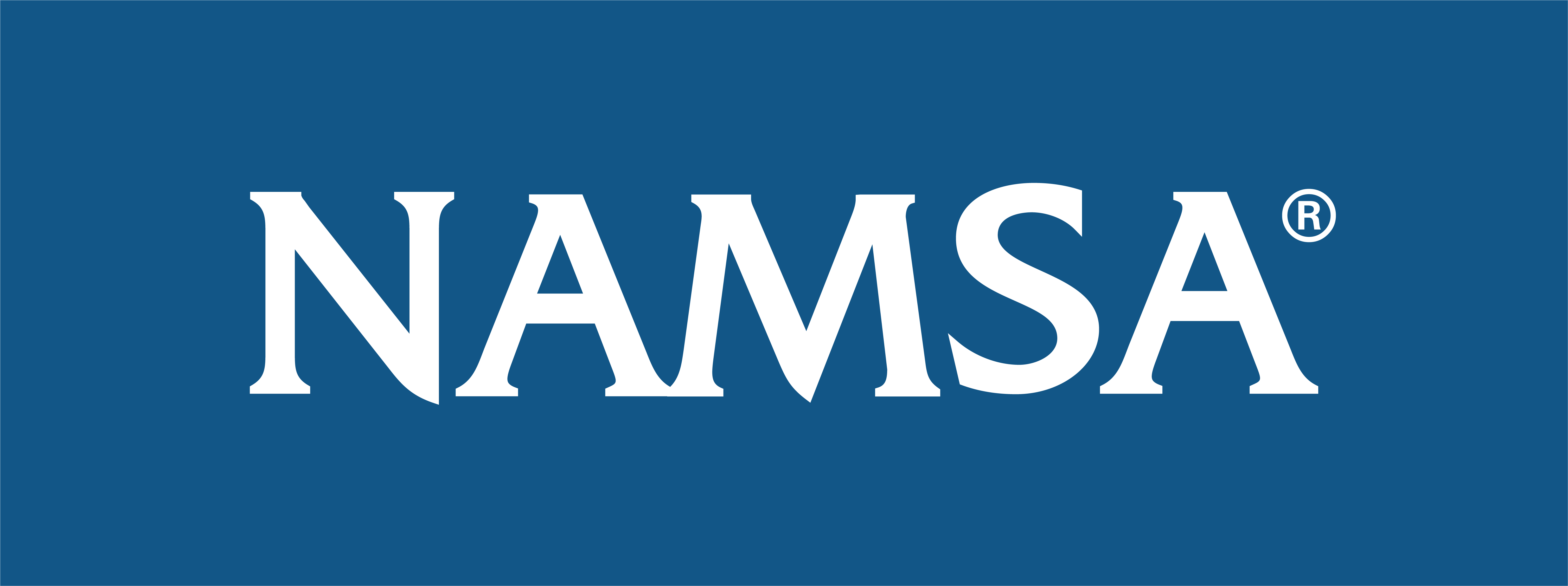An important reminder for medical device sponsors/developers is that on June 2, 2023, the U.S. Food and Drug Administration (FDA) updated and posted the Final Guidance for Industry and Food and Drug Administration Staff: Requests for Feedback and Meetings for Medical Device Submissions: The Q-Submission Program.
What is the Q-Submission Program?
The Q-Submission program provides a mechanism through which sponsors/developers can request feedback on potential or planned submission(s) to FDA. Commonly, you will hear people simply speak of a Pre-Submission, but in actuality, a Pre-Submission is just one of the types of feedback in the Q-Submission program. A sponsor can request feedback in writing or during a meeting with FDA on Investigational Device Exemption (IDE) applications, Premarket Approval (PMA) applications, Humanitarian Device Exemption (HDE) applications, Evaluation of Automatic Class III Designations (De Novo requests), Premarket Notification (510(k)) Submissions, Clinical Laboratory Improvement Amendments (CLIA) Waiver by Applications (CW) and more. The four most common types of Q-Submissions include Pre-Submissions (Pre-Subs), Submission Issue Requests (SIRs), Study Risk Determinations and Informational Meetings (see Guidance for all types).
Why a New Guidance?
During the negotiation of the Medical Device User Fee Amendments of 2022 (MDUFA V), industry (as represented by industry groups*) and FDA agreed on changes related to the scheduling of Q-Submission meetings and a new performance goal on the timing of FDA feedback for Q-Submission. FDA also committed to update the guidance to include additional information to assist applicants and review staff in identifying the circumstances in which an applicant’s question is most appropriate for informal communication instead of a Pre-Submission. The purpose of the current update is to provide minor procedural updates and clarifications while the draft guidance for public comment is being developed.
*Negotiations included: Advanced Medical Technology Association (AdvaMed), Medical Device Manufacturers Association (MDMA), Medical Imaging & Technology Alliance (MITA) and American Clinical Laboratory Association (ACLA).
Changes to the Guidance
As noted, there were a number of minor updates and clarifications. Some of the significant changes made in the guidance include:
- For efficiency, FDA is encouraging virtual meetings via teleconference or video conference. In person meetings may still be available, but it is recommended that sponsors contact a lead reviewer first.
- FDA is encouraging Q-Submissions be made via Center for Devices and Radiological Health’s (CDRH) Customer Collaboration Portal (https://www.fda.gov/medical-devices/industry-medical-devices/send-and-track-medical-device-premarket-submissions-online-cdrh-portal).
- FDA is reiterating that Q-submission meetings should be an hour long. They feel this is the optimal time, and if more time is needed to provide feedback, then multiple Q-submissions focused on different areas may be required.
- Sponsor proposed meeting dates should be 70–75 calendar days from submission (previously this was 60–75).
- FDA is reiterating the focus on minimal topic areas, generally 3 to 4 substantial topics.
- FDA has provided both revised and new sample productive questions.
As this guidance is a unique case where it is a newly revised version of a previously finalized guidance, it should be utilized immediately. For further details, you can visit the FDA Q-Submission website and download the revised guidance at: https://www.fda.gov/regulatory-information/search-fda-guidance-documents/requests-feedback-and-meetings-medical-device-submissions-q-submission-program.
What’s Next?
FDA is working on a new draft guidance which will be provided for public comment. It will be announced via the Federal Register and FDA email updates. This guidance is not included on the CDRH Proposed Guidances for Fiscal Year 2023 (FY2023), so it is hard to know precisely when it will be released.
How can NAMSA Help?
Navigating the FDA’s regulatory landscape can be overwhelming for any medical device developer—not to mention cost intensive. That is why having the right partner, at the right time, can be invaluable in achieving regulatory requirements, market success and accelerated timelines.
NAMSA is the industry leader in driving successful regulatory outcomes through daily interactions with the FDA. Our Regulatory team has completed numerous Q-Submissions, and we leverage this experience to mitigate risk, pose the correct questions to the FDA and focus on acceleration of the approval process for your device.
If you are interested in speaking with us about FDA-related activities or other global regulatory strategies, please Contact Us, or learn more about our Regulatory experts at namsa.com/subject-matter-experts.
Marcella Martin
Marcella Martin, MBA, RAC is a Senior Regulatory Consultant at NAMSA with over ten years’ experience working in regulatory affairs in the medical device and pharmaceutical industries. She has authored and managed a variety of submissions to FDA, Health Canada and notified bodies. These have included pre-submission, IDE, IND, technical file, master file, device license application, ANDA, Annual Report and vigilance reporting. She has completed regulatory assessments and regulatory strategies for products in development and for proposed changes to products already on the market. Marcella holds a Masters of Business Administration (MBA) degree from Colorado State University, Fort Collins and Regulatory Affairs Certification (RAC) from the Regulatory Affairs Professionals Society (RAPS).
